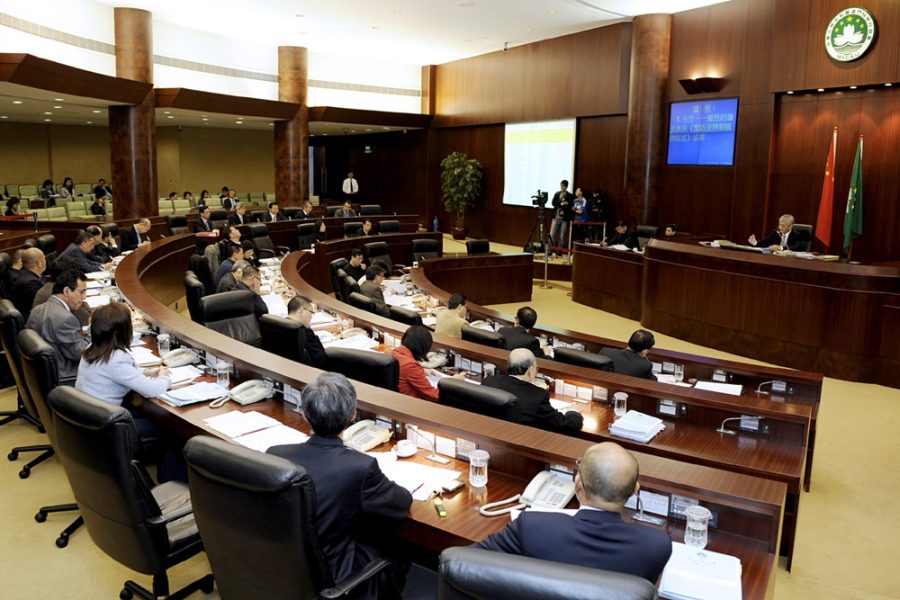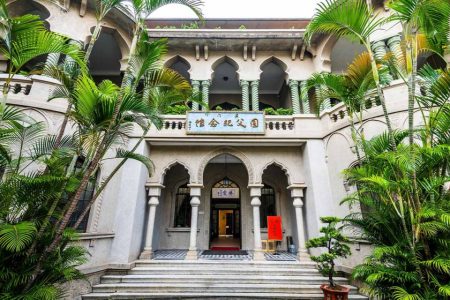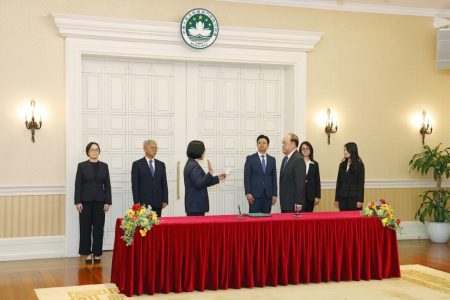Macau, China, 6 Jan – Lawmakers Tuesday unanimously passed the general outline of a government-drafted anti-tobacco bill, according to The Macau Post Daily.
The bill is set to replace an anti-tobacco law enacted in 1996.
According to the bill, people will be prohibited from smoking in public places, including workplaces, hospitals, beaches, hotels, restaurants, bars, karaoke bars, ferry terminals and airports.
However, hotels may allow smoking in guestrooms.
Casinos, sauna parlours, massage parlours and ballrooms are excluded from the ban, but an isolated non-smoking area must be set up in these places.
However, the bill does not specify a minimum size for the non-smoking area and does not require the installation of any ventilation facilities.
Smokers caught lighting up in a statutory smoke-free area can be fined between 400 and 600 patacas.
The bill also includes provisions to regulate the level of tar, nicotine and carbon monoxide in cigarettes on sale in Macau, and any companies found to be in violation of these regulations could face fines of up to 100,000 patacas.
The bill also proposes to ban all tobacco advertising and any type of sponsorships by tobacco companies.
According to a survey by the Statistics and Census Bureau (DSEC) in 2008, 17.3 percent of Macau residents were smokers at that time.
The bill will be discussed article-by-article on a committee level and return for an article-by-article vote in a plenary meeting after a few weeks. Substantial changes to the bill are still possible before its final and second vote.
(MacauNews)




